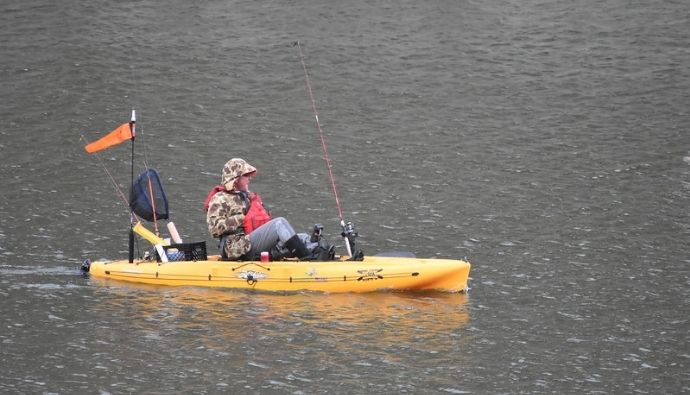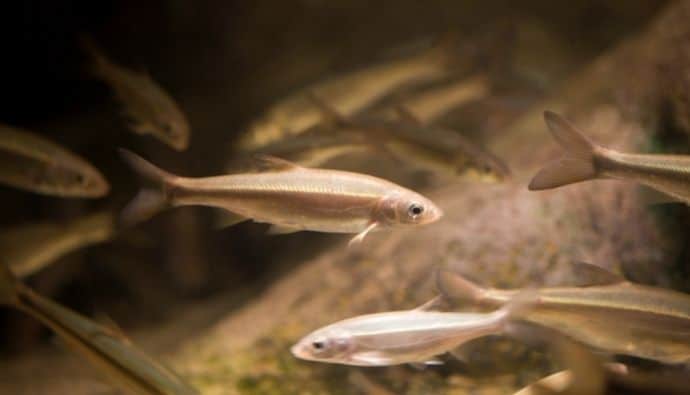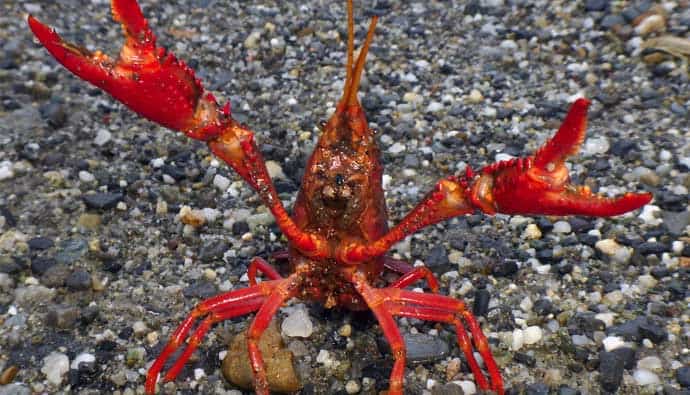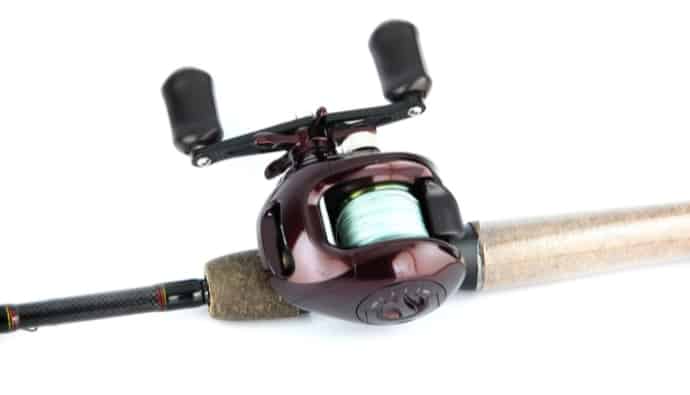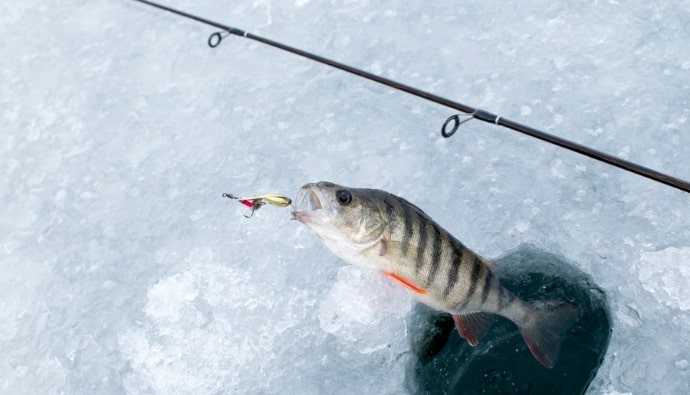Fishing: the act of trying to catch fish. It doesn’t sound very sportsmanlike, does it? And yet, fishing is one of the most popular pastimes in the world.
So, what gives? Is fishing considered a sport or not a sport? Anglers often debate whether or not fishing is considered a sport. Some people argue that to be classified as a sport, competition must be involved.
Others say that as long as a skill is required, fishing can be classified as a sport. So, what exactly is the answer? Let’s take a closer look at whether fishing is, in fact, a sport.
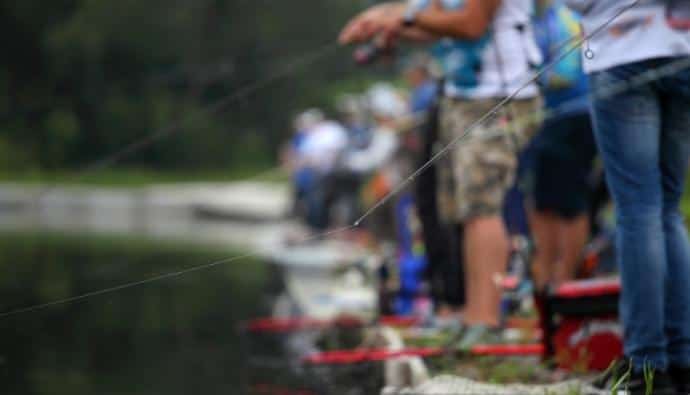
Is Fishing a Sport?
The answer to this question is a little bit complicated. To understand whether fishing is a sport or not, we must first define what a sport is.
A sport is typically defined as an activity involving competitive physical exertion with an element of skill. So, based on this definition, let’s look at these three factors to see if fishing meets the criteria.
Competition
To be classified as a sport, an activity must be competitive. This means that there must be some competition involved in the activity. So, is there competition involved in fishing?
Well, it depends. If you are fishing by yourself, then no, there is no competition involved. However, if you are fishing with other people, there can be competition involved. For example, if you are fishing with friends, you may try to see who can catch the most fish.
Or, if you are fishing in a tournament, competition will be involved. So, it just depends on the context in which you are fishing.
Physical Exertion
You may not think of fishing as physical activity, but it does require some physical exertion. For example, when going for a fishing trip, you may have to walk long distances to get to your fishing spot, just like professional athletes who walk or run for long distances.
Once you are there, you may have to stand for long periods. And, of course, you have to carry your fishing equipment and use your arms to cast your line and reel in your fish.
So, while you may not break a sweat while fishing, it does require some physical activity.
Skill
With fishing, just like other sports, there will always be some element of skill involved. Even if you are sitting in a boat fishing, you still need some skills to succeed. You need different strategies and know-how to cast your line, set the hook, and reel in your fish.
The different types of fishing, like fly fishing, ice fishing, trophy fishing, and deep-sea fishing, also require unique skills. Trout fishing, bass fishing, and brown trout need a lot of fishing skills to reel in one.
If you don’t have these skills, you will not be successful at fishing. So, it is clear that fishing requires skill, just like most sports.
Fishing For Fun
You may be thinking, “But wait! I don’t fish for competition. I just do it for fun.” And that’s perfectly fine! Just because an activity is a sport doesn’t mean you have to do it for competition.
While some people may see fishing as a chore, others find it to be a fun and relaxing hobby as it also improves physical health.
Fishing can be a great way to spend time with friends and family, enjoy the outdoors, and even get a little exercise to get rid of unwanted calories.
Although physical exertion and skill are involved in fishing, it is not typically considered a strenuous activity. Whether or not you fish for competition, you can still enjoy it as a sport or a hobby.
And who knows? Maybe one day you’ll decide to compete in a fishing competition. Whether competitive or recreational fishing, you need a fishing license.
Has Fishing Been an Olympic Sport?
You may be surprised to learn that fishing has been an Olympic sport! It was first included as an official sport in the 1900 Paris Olympics. At that time, there were two events: freshwater fishing and saltwater fishing.
However, it was only included as an official sport for those two games and dropped from the Olympics. There have been several attempts to bring fishing back as an Olympic sport, but so far, those attempts have been unsuccessful.
In the United States, there are bass, trout, and fly fishing tournaments where a team competes. Many tournaments are held all over the world and typically involve catch-and-release fishing.
The fish are caught and then released back into the water. Many people participate in fishing competitions. However, cash prizes and other rewards are also up for grabs after the competition.
For example, the biggest and most prestigious bass fishing tournament in the world, the Bassmaster Classic winner, takes home a $1 million prize. So, for now, fishing is not an official Olympic sport. However, that could change in the future.
Is Catch-and-Release Fishing Bad for the Environment?
As you may know, catch-and-release fishing is where the fish are caught and released back into the wild. This type of fishing is often seen as more environmentally friendly than other types, such as commercial fishing.
However, there is debate over whether catch-and-release fishing is bad for the environment. Some people argue that catch-and-release fishing harms the environment because it can harm the fish.
For example, when a fish is caught and then released, it may not be able to swim properly, or it may be injured.
This can make it more difficult for the fish to find food or avoid predators. As a result, the fish may not be able to survive.
Other people argue that catch-and-release fishing is not bad for the environment. They point out that most fish caught and then released survive.
Also, they argue that catch-and-release fishing can help to improve the environment.
For example, if more people fish using this method, it could help reduce the number of fish caught and killed yearly. But catch and release fishing has been proven to stabilize the ecosystem.
It provides a natural way of controlling the fish population without harming the environment.
When Did Fishing Become a Sport?
Fishing has been around for centuries and is one of the oldest forms of recreation. However, it was only in the 19th century that fishing became a sport.
Fishing became popular in the United States in the early 20th century. This was due to the development of new fishing techniques and the rise of recreational fishing. Fishing was likely a way for these early people to get food.
The Industrial Revolution also played a role in making fishing a more popular pastime. With the advent of new technology, people could fish in previously inaccessible places. Over time, fishing spread to other parts of the world.
In some cultures, fishing became a way to make a living. In other cultures, it became a way to relax and have fun. Many people enjoy fishing as just a hobby or a sport. You can do recreational fishing or competitive fishing.
Recreational fishing is when people fish for fun. It doesn’t matter if you catch anything or not. The point is to enjoy being outdoors and spending time with family and friends.
Competitive fishing is when people fish against each other to see who can catch more fish or the biggest fish. This type of fishing usually has rules and regulations that everyone must follow.
So, when did fishing become a sport? It is difficult to pinpoint an exact date, but it is clear that fishing has been a popular pastime for centuries.
Final Thoughts
Whether or not you consider fishing a sport is really up to you. There are many ways to fish, and you can still enjoy it even if you are not trying to compete with anyone. However, if you do want to compete, there are plenty of opportunities to do so.
Fishing is also a popular Olympic sport, although it is not an official event. And finally, while there is some debate over whether or not catch-and-release fishing is bad for the environment, most experts agree that it is not harmful and can be beneficial.
So, whether you are a casual angler or a competitive angler, there is no doubt that fishing is a great outdoor activity.



 Facebook
Facebook YouTube
YouTube